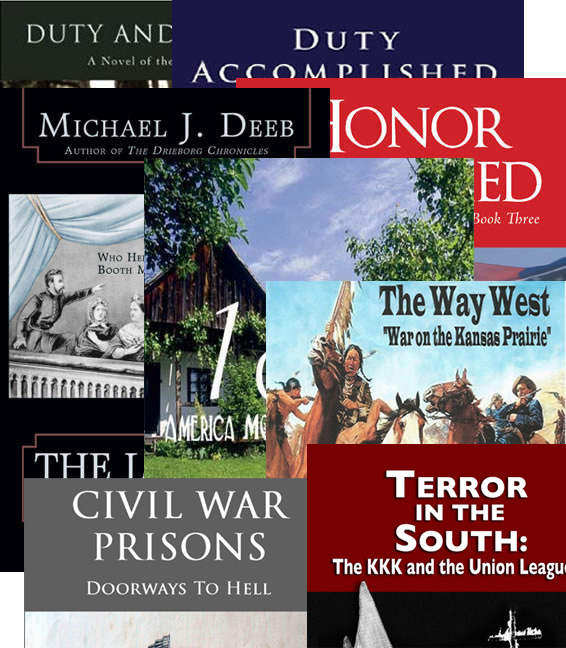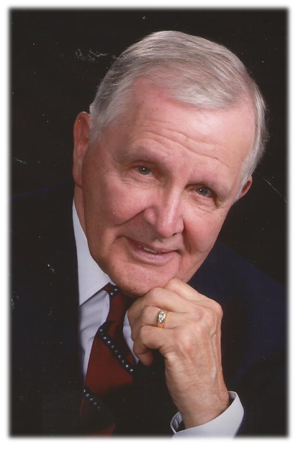Aftermath of the First Battle of Bull Run
Aftermath of the First Battle of Bull Run
In April of 1861, after the Union lost Fort Sumter, the city of Washington was virtually undefended. So, too, Washington was again open to attack after the July 1861 loss at Manassas (Bull Run) to the Confederate army under General P.T. Beauregard.
The Union army was routed at Manassas. Thousands of survivors fled, leaving their equipment behind. There was no organized arm left to defend the Union capital of Washington City.
In April, President Lincoln said, he didn’t understand why General Beauregard hadn’t moved on Washington; neither did military commentators of the time. According to his critics, CSA President Davis was blamed for stopping his victorious army from capturing the Northern capital city.
Once again, in July of 1861, the city was in danger. After the loss at Bull Run (Manassas), the Union army was shattered. Having left most of its equipment on the battlefield, the army was also without organization or leadership.The Union’s political leadership was in panic mode as well.
In this atmosphere, President Lincoln called General George McClellan to Washington to rebuild the Union army. McClellan had become the only bright light in the wake of the Bull Run defeat. His Ohio volunteers had won a couple of military victories in the western region of Virginia (the future state of West Virginia). Thus, the media, hungry for a hero and good news, made him appear to be a miracle worker. They hailed him as the Union’s savior.
Upon arriving in Washington, McClellan wrote his wife that the situation was so bad in the Union capital, he believed he could become dictator if he chose.
Where was the Confederate army during all of this chaos in the North?
According to the Richmond press, Confederate leaders were sitting on their hands. General Beauregard, a Southern hero after capturing Fort Sumter and leading the victory at Bull Run, publicly criticized President Davis for this lack of action.
Beauregard pushed for following-up his victory at Bull Run with an attack on the North. He claimed that President Davis held the victorious Southern forces back, refusing to allow attacking and capturing Washington City. Instead, the CSA president wanted to fight a defensive war.
Thus, Washington City was spared a second time. And, McClellan was given time to rebuild and re-equip a Northern army.


 A Great Read! I couldn’t put this book down once I got started. The detail was great and I really like the main character, Michael. Knowing that so much research went into this book made it exciting to read!
A Great Read! I couldn’t put this book down once I got started. The detail was great and I really like the main character, Michael. Knowing that so much research went into this book made it exciting to read!